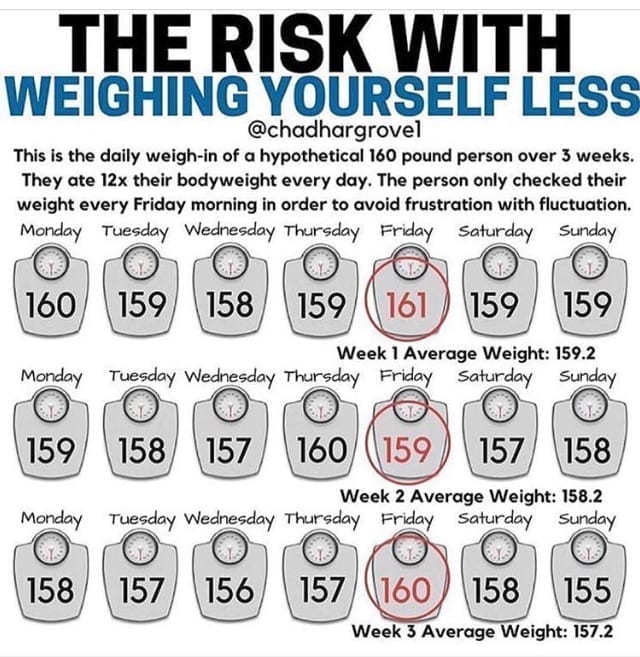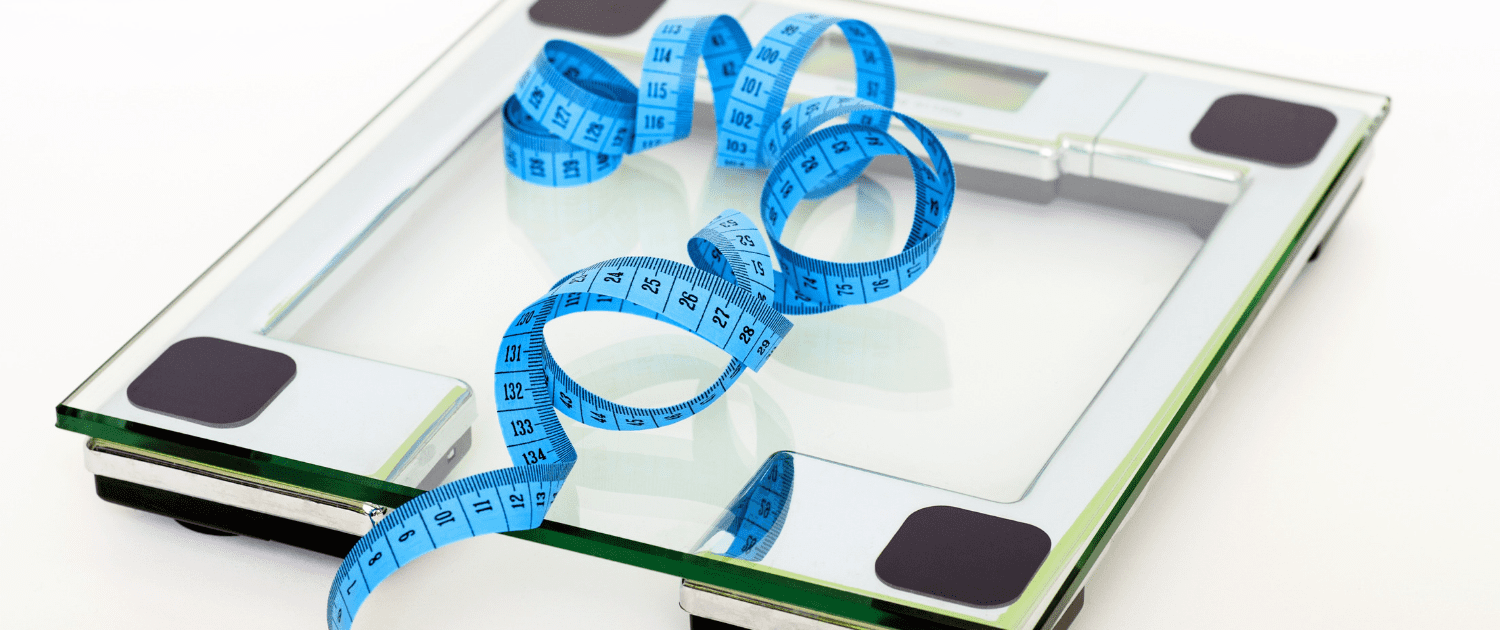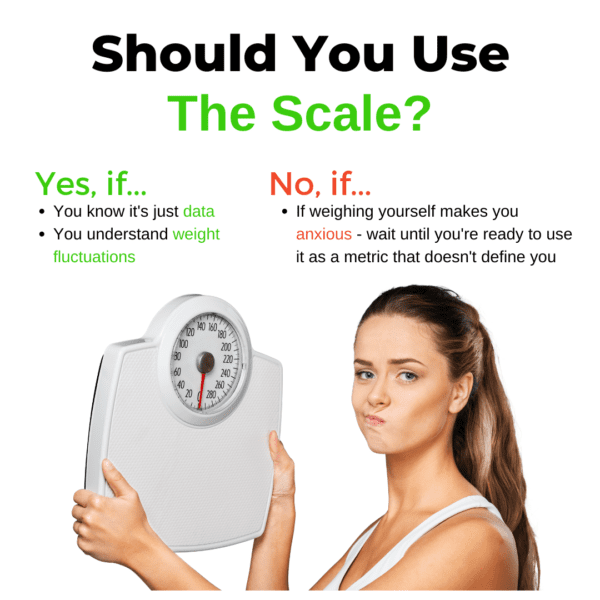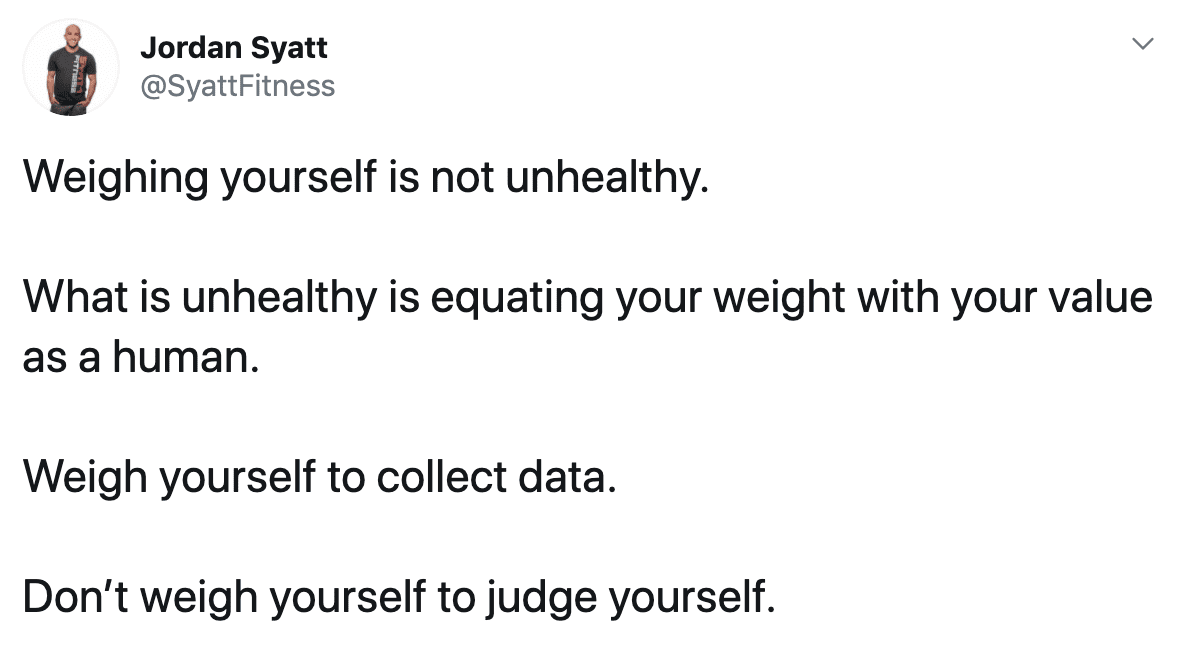An Argument For Weighing Yourself More Regularly
Updated Feb 8, 2021 by Michael Fouts
Should you weigh yourself regularly, and how often? The answer to this will vary, but I’m going to talk about why you should do it more and not less.
Why should you weigh yourself?
Well its one metric that you can use to monitor progress, whether that’s weight loss or weight gain. The benefit, for some, of regular weigh in’s is that it helps serve as a regular mental reminder of the goal they are working towards. The motivation to achieve this goal is strengthened when they see the scale going in the proper direction. Also, it serves as a good reflective marker to help understand how good, or bad, things went in the previous week – eg. if someone ate “poorly” but still lost weight, this helps them understand that you don’t have to be perfect to lose weight and that is reinforcing.
When You Shouldn’t
For those looking to lose weight, and If weighing-in makes you anxious and you’re not treating the weigh-in as an accountability and comparison “stat.” You don’t need it making you anxious, which for some can send them into an emotional eating cycle when things don’t go as expected. In this case skip weighing yourself and instead focus on tracking healthy habits that will reinforce weight loss.
My Approach:
Who it’s for: for those looking to lose fat or build muscle, and who have a set caloric intake their trying to achieve regularly – tracking calories for at least 3 days of the week.
The approach: weigh yourself, on average, three times a week. Then, take those weights and average them. Then compare weekly progress based on averaged weights and not singular days.
This approach will actually promote greater adherence, understanding, and less frustration in general. Let me explain by first showing you an illustration from Chad Hargrove.

As you can see, if you were only to weigh yourself on Friday’s (once a week, which is usually the most common weigh-in habit) you’d be getting a false picture of what’s actually happening.
Between week 3 and 2 weigh-in’s you might be say something like:
“Wtf, I ate so good last week and I GAINED a pound??!”
This can lead you to get frustrated and look to change things, like your diet/workout strategy, when really you just need to stay the course.
As a closing note, when you are weighing yourself, make sure that you are comparing “apples-to-apples” for effective comparison. By that I mean:
- Stick to the same time of day
- Stick to the same fed state
- If possible, be conscious of when fluid levels might be high: salty meal the day before, lack of sleep, and/or high stress levels
Something that I find effective for most clients is to get them to weigh-in first thing in the morning, for example on Mondays, Wednesdays, and Fridays, before breakfast – and after they’ve had that first morning pee.
Till next time,
-Mike








